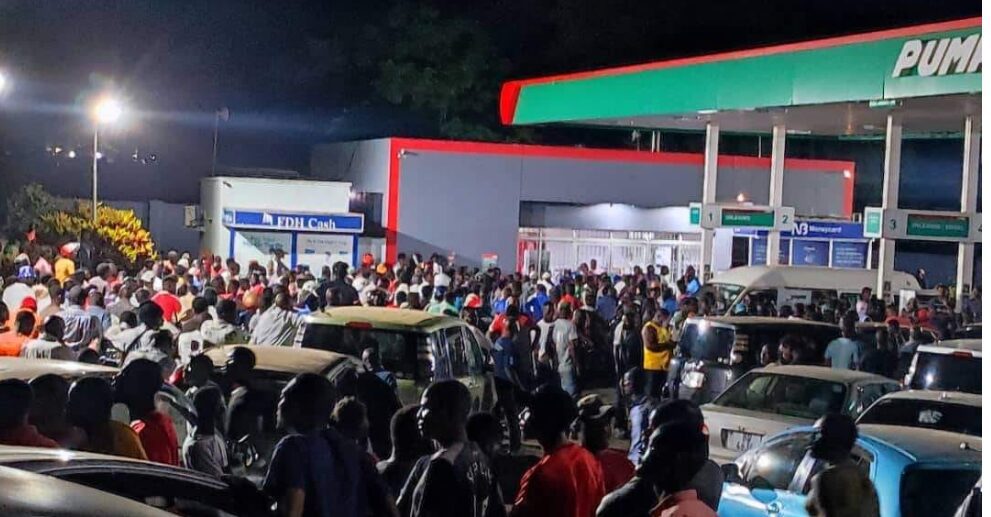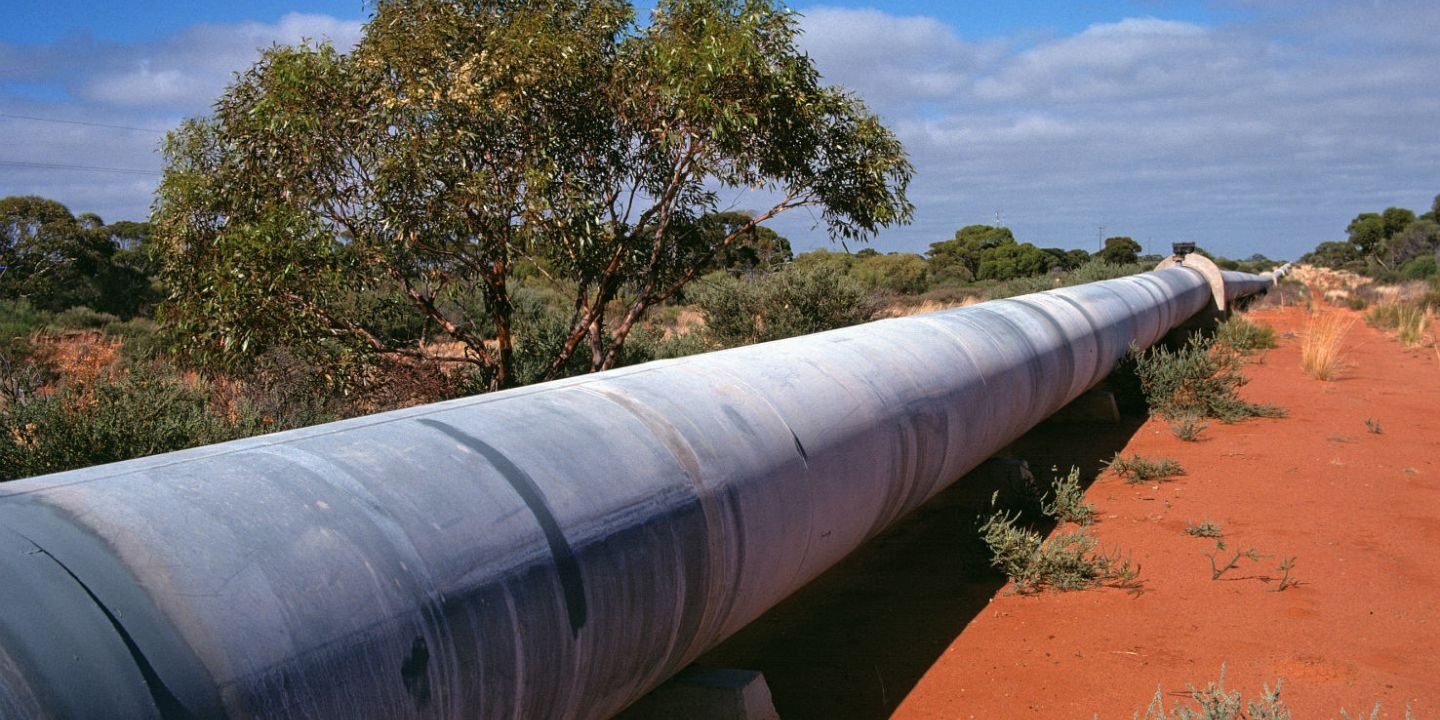
Tuesday 15th April 2025

By inAfrika Reporter
As Uganda pushes forward with the East African Crude Oil Pipeline (EACOP), fresh concerns have emerged about how the project is affecting thousands of people forced to give up their land. A recent joint study by Haki Defenders, a Kampala-based human rights group, and the University of Sheffield, has found that many families displaced by the pipeline have received inadequate or delayed compensation, leaving them in increasingly vulnerable conditions.
The research, which involved interviews with over 100 displaced residents, paints a troubling picture. Families that accepted cash compensation said the amounts given were not enough to replace what they lost land, homes, and stable livelihoods. Some used the money quickly on short-term needs and are now struggling to rebuild. Others who opted for resettlement have waited well past promised timelines for their new homes or land to be handed over.
While on paper the resettlement plan reportedly meets international standards, the study highlights a gap between policy and practice. Affected individuals describe a lack of communication, inconsistent support, and broken promises. Many are now living in temporary structures or relying on relatives, while their previous homes and farmland have already been taken over for pipeline construction.
The study also uncovered damage to essential infrastructure. In several areas, construction disrupted water sources, damaged latrines, and left communities without basic services. This has made an already difficult transition even harder, especially for those who relied heavily on agriculture and small-scale farming to survive.
Around 13,000 people across Uganda and Tanzania are said to be impacted by land acquisition for the 1,443-kilometer pipeline. The report’s findings increase pressure on project leaders including government officials and investors to take immediate corrective action. Advocacy groups are calling for a transparent review of compensation, faster delivery of promised support, and better oversight to prevent further harm to rural communities.
While pipeline representatives maintain that compensation is ongoing and that most verified claims have been addressed, delays continue. Some disputes over land titles have slowed progress, but critics argue this doesn’t excuse the lack of planning or support.
This situation serves as a critical test for how major infrastructure projects are handled in the region. As East African nations embrace large-scale energy investments, there’s growing demand to ensure that development projects prioritize people not just profits. Fair compensation, proper communication, and timely delivery of resettlement are not just legal requirements they’re moral obligations.
Without action, the discontent could grow, posing risks to both the project’s progress and public trust in future developments. Ensuring that displaced communities are heard, supported, and fairly treated is essential for sustainable growth.


